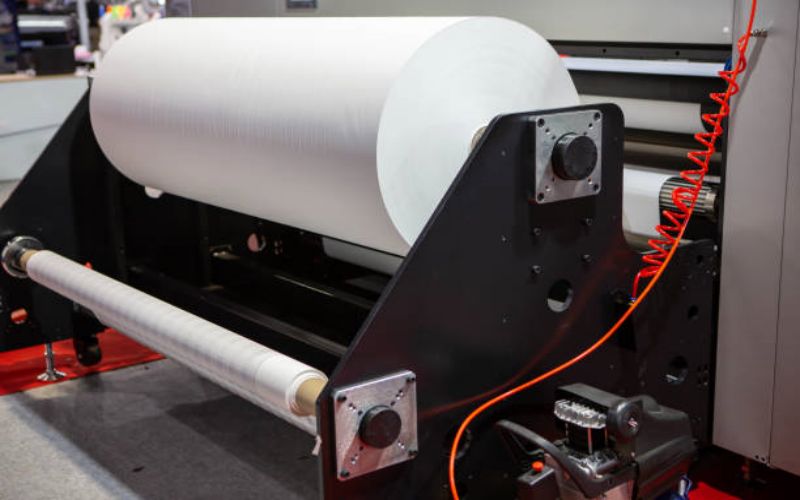Table of Contents

Custom Roll Forming Machines: Designing for Unique Production Requirements
Introduction:
Custom roll forming machines are essential in various industries for the production of unique shapes and profiles. These machines are designed to meet specific production requirements, providing manufacturers with efficient and cost-effective solutions. In this article, we will explore the different aspects of designing custom roll forming machines and how they cater to unique production needs.
1. Understanding the Basics of Roll Forming
Before delving into the design aspects, it is crucial to understand the basics of roll forming. Roll forming is a continuous bending process that transforms a flat strip of metal into a desired shape by passing it through a series of rolls. This process requires precision and consistency, making custom roll forming machines an ideal choice for manufacturing industries.
2. Tailoring the Machine for Specific Requirements
One of the primary advantages of custom roll forming machines is their ability to be tailored to specific production requirements. Each industry has its unique needs, such as size, material, and production capacity. By designing a custom roll forming machine, manufacturers can ensure that every aspect of the machine is optimized for their specific needs.
3. Designing for Complex Profiles
Some industries require the production of complex profiles that cannot be achieved through standard roll forming machines. Custom roll forming machines can be designed to accommodate these complex profiles, allowing manufacturers to produce intricate shapes with precision and ease.
4. Material Selection and Compatibility
Custom roll forming machines can be designed to work with a wide range of materials, including steel, aluminum, copper, and more. The design process takes into consideration the material properties and ensures compatibility with the chosen material. This ensures optimal performance and longevity of the machine.
5. Optimal Line Speed and Production Capacity
When designing a custom roll forming machine, manufacturers can specify the desired line speed and production capacity. This allows for efficient production and meets the required output demands. The design incorporates factors such as roll size, motor power, and drive system to achieve the desired line speed and production capacity.
6. Incorporating Advanced Control Systems
Custom roll forming machines can be equipped with advanced control systems to enhance efficiency, accuracy, and ease of operation. These control systems can include programmable logic controllers (PLCs), human-machine interfaces (HMIs), and real-time monitoring capabilities. Such features enable manufacturers to monitor and adjust the machine's performance in real-time, ensuring consistent and high-quality production.
7. Ergonomic Considerations for Operator Safety
Designing custom roll forming machines also involves considering operator safety and ergonomics. Safety features such as emergency stop buttons, safety guards, and interlocks are incorporated into the machine design to protect operators from potential hazards. Additionally, ergonomic considerations are taken into account to ensure ease of operation and reduce operator fatigue.
8. Integration with Existing Production Line
Custom roll forming machines can be designed to seamlessly integrate with an existing production line. This allows manufacturers to enhance their production capabilities without disrupting their current workflow. The design process takes into account the layout and specifications of the existing production line, ensuring a smooth transition and minimal downtime during installation.
9. Maintenance and Serviceability
Efficient maintenance and serviceability are crucial aspects of custom roll forming machine design. These machines are designed with easy access to components and regular maintenance points, allowing for quick servicing and minimizing downtime. Regular maintenance ensures optimal performance and extends the lifespan of the machine.
10. Future Expandability and Upgrades
Custom roll forming machines are designed with future expandability and upgradeability in mind. As production requirements evolve, manufacturers may need to modify or expand their capabilities. The design allows for easy integration of additional features or modules, ensuring that the machine can adapt to future needs without significant modifications or replacements.

